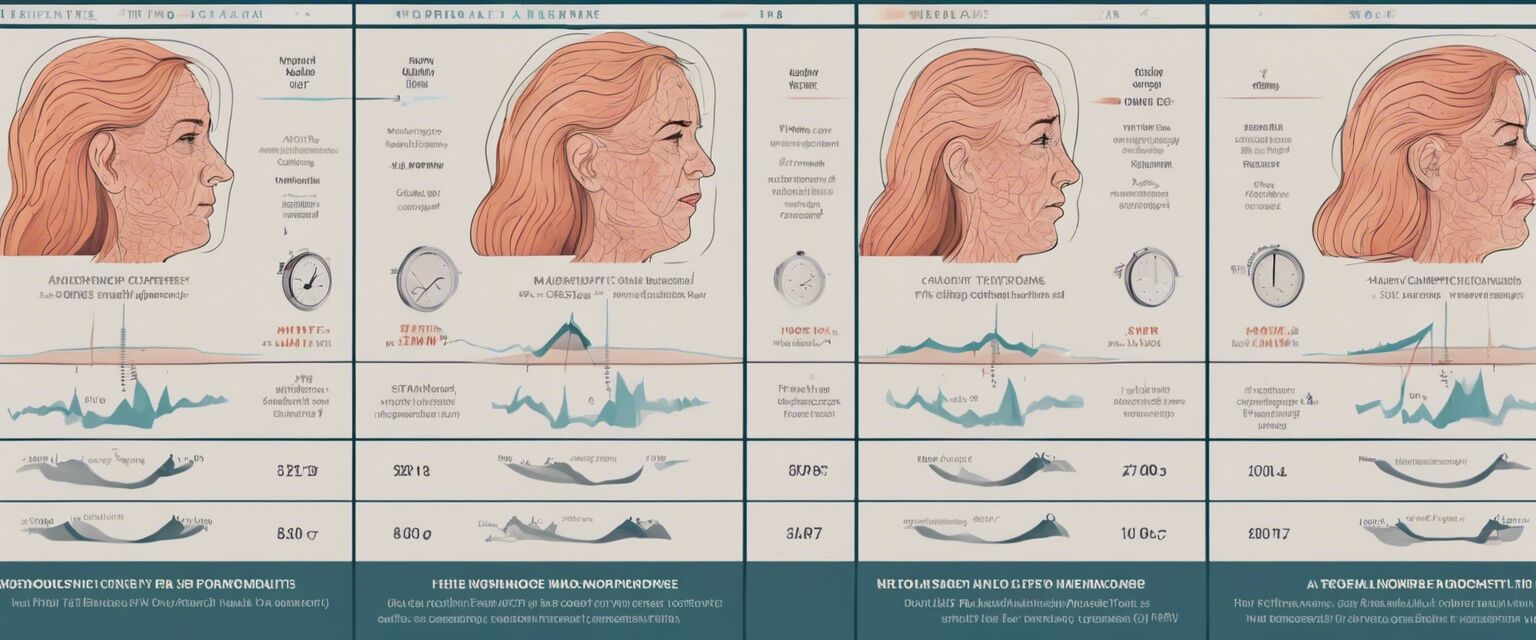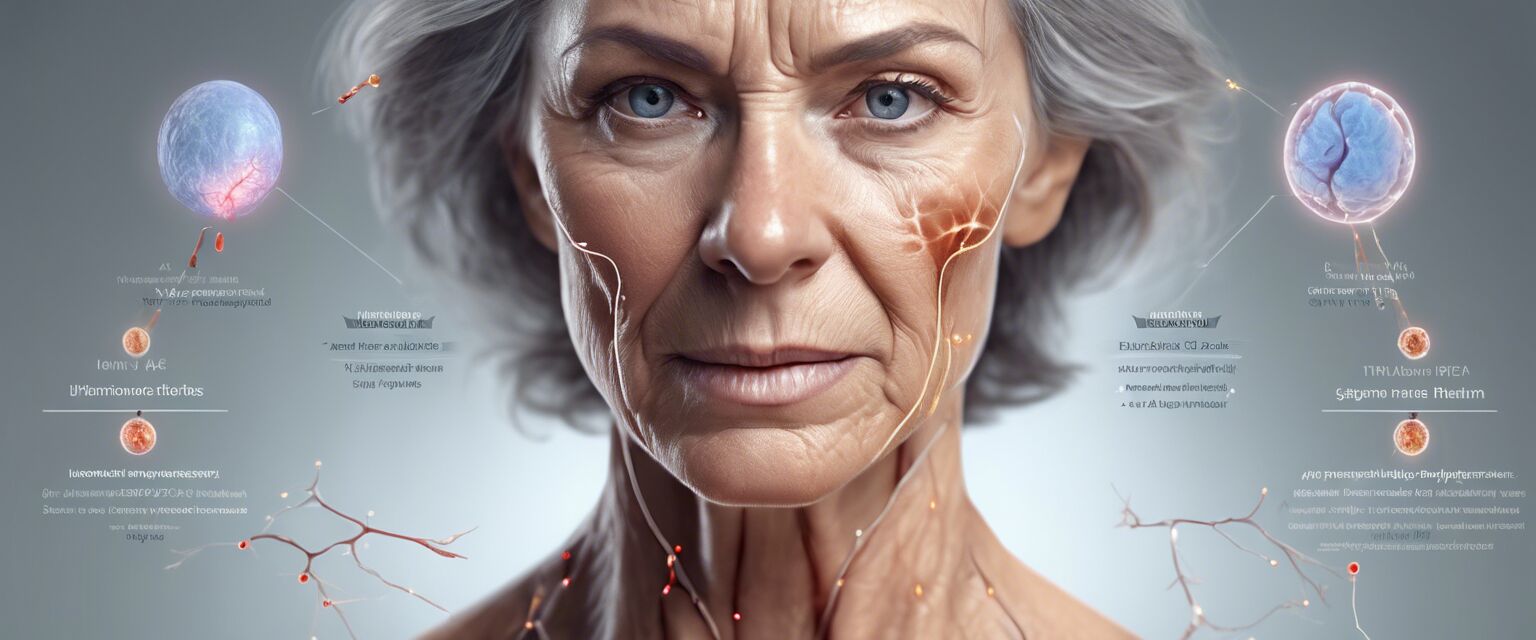
Emotional and Mental Health
Key Takeaways
- Menopause can lead to significant emotional and mental health changes.
- It's important to address these challenges through various coping strategies.
- Seeking professional help is a viable option for many women.
- Regular exercise and a balanced diet can support mental well-being.
- Practicing mindfulness and relaxation techniques can alleviate symptoms.
Menopause is a natural transition that every woman experiences, but it can also bring a myriad of emotional and mental health challenges. Understanding these changes and how to manage them is crucial for maintaining overall well-being during this phase. In this article, we will explore the emotional and mental health challenges faced during menopause and provide strategies for addressing them.
The impact of menopause on emotional and mental health
During menopause, hormonal fluctuations can lead to various emotional and psychological changes. Common issues include:
- Anxiety
- Depression
- Mood swings
- Difficulty concentrating
- Stress
Understanding the hormonal connection
The hormones estrogen and progesterone play a significant role in regulating mood. As these hormone levels decline during menopause, it can impact emotional well-being. This is why many women report feeling more anxious or depressed during this time.

Common emotional challenges during menopause
Here, we delve deeper into the emotional challenges often faced by women during the menopausal transition:
| Challenge | Description |
|---|---|
| Anxiety | Heightened feelings of worry or fear that can occur due to hormonal changes. |
| Depression | Feelings of sadness or hopelessness that may become more pronounced. |
| Mood swings | Rapid changes in mood that can lead to irritability or frustration. |
| Memory issues | Difficulty concentrating or recalling information. |
Strategies for managing emotional health
There are various strategies that can be utilized to help manage emotional health during menopause:
Practical tips for beginners
- Engage in regular physical activity to improve mood and reduce stress.
- Practice mindfulness techniques such as meditation or yoga.
- Develop a support system by connecting with friends or support groups.
- Maintain a balanced diet rich in nutrients that support mental health.
- Consider professional counseling if feelings of depression or anxiety persist.

When to seek professional help
If emotional challenges become overwhelming, itâs essential to consult a healthcare professional. Signs that you may need help include:
- Persistent sadness or low mood
- Loss of interest in activities once enjoyed
- Increased anxiety or panic attacks
- Difficulty functioning in daily activities
Mindfulness and relaxation techniques
Incorporating mindfulness and relaxation techniques can significantly improve emotional health:
| Technique | Benefits |
|---|---|
| Meditation | Helps reduce anxiety and improve focus. |
| Deep breathing exercises | Promotes relaxation and reduces stress levels. |
| Yoga | Combines physical movement with mindfulness to enhance emotional well-being. |
| Journaling | Provides an outlet for expressing feelings and reducing stress. |

Building a strong support network
Having a support network is crucial for emotional health during menopause. Connecting with friends, family, or support groups can provide the understanding and empathy needed during this time. Sharing experiences and coping strategies can make the menopause journey more manageable.
Resources for emotional support
Consider seeking out resources such as:
- Mental well-being resources
- Hormonal support options
- Sleep aids to improve rest
- Fitness and weight management products
Pros
- Improved understanding of emotional health during menopause.
- Access to various coping strategies.
- Encouragement to seek help when needed.
- Information on building a strong support network.
Cons
- Challenges may require time and effort to manage.
- Some women may feel isolated during their experiences.
Conclusion
Addressing emotional and mental health challenges during menopause is paramount for a womanâs overall well-being. By understanding these challenges and exploring effective coping strategies, women can navigate this transitional period with resilience and grace. Remember, you are not alone, and there are resources and support available to help you through this journey.








